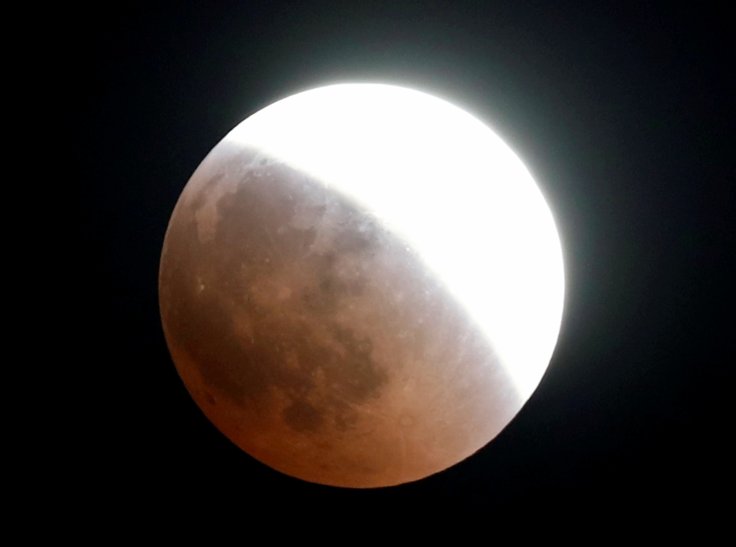The space lovers had enjoyed the spectacular solar eclipse of December 26, 2019 and now it's time for them to welcome the first lunar eclipse of the new decade today, January 10. The phenomenon occurs when the Earth passes between the Moon and the Sun, eventually hiding the Sun's light for a specific amount of time, causing the Earth's shadow to fall on the Moon.
Reports stated that the penumbral lunar eclipse of January 2020 will last from 07:07pm Singapore time on January 10 till 0:12 am on January 11.

Where and how to watch the eclipse
The penumbral lunar eclipse, nicknamed Wolf Moon, will be visible in countries across Asia,Australia, Africa and Europe. According to reports, Western Africa and the Canadian Maritimes can witness the eclipse underway at the time of moon rise, while Australia will see the eclipse during moon set. However, people living in the United States won't be able to see the penumbral lunar eclipse as it will be daylight in that part of the region.
Though experts usually recommend special glasses for watching a solar eclipse, there is no such requirement in case of a lunar eclipse. Reports suggest that it is completely safe to view a lunar eclipse with bare eyes. However, some people believe that eclipses have a strong effect on our body cycles and they prefer to follow certain do's and don'ts. But such beliefs don't have any scientific basis.
Tips for shutterbugs
Lunar eclipse is undoubtedly one of the best opportunity for the photographers as well. All the shutterbugs out there make sure that you keep your tripod ready and charge your batteries as a lunar eclipse takes hours to progress and the cold temperature during the night time may drain the batteries fast. Unlike the solar eclipse, the lunar eclipse is a much slower event that demands a lot of patience from the photographer.









